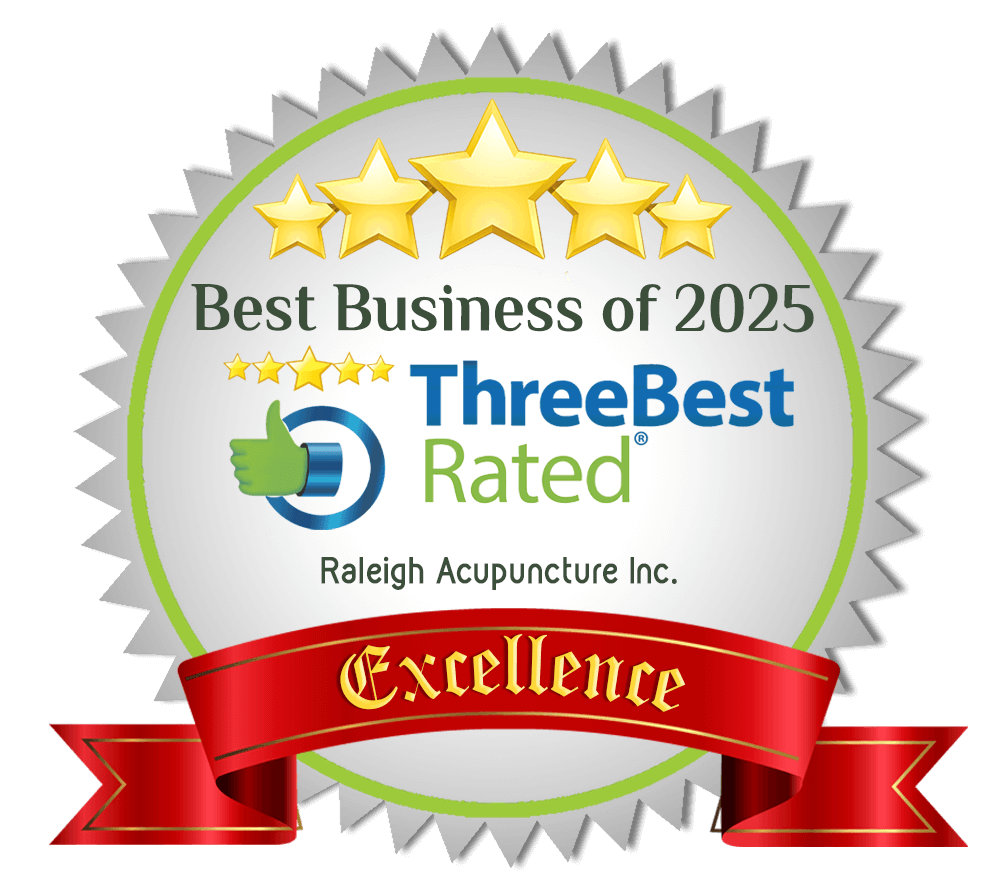
Today’s blog post presents two types of people – those predominantly cheerful and carefree versus those more reflective and serious. We celebrate both types but praise the pensive because they are modern-day warriors in our crazy, dysfunctional world.
Happy People
Happy people typically don’t dwell on their problems – they jump into action quickly, without hesitation. They are too busy living, engaging in activities, and interacting with family, friends, and colleagues to notice problems.
Pensive People
Then, there are the less enthusiastic individuals who are more cautious, taking time to assess a new situation before entering the fray. They will typically ask themselves, “is this venture safe and worth my time and energy?”
It Helps To Be Healthy
What makes one person carefree and another cautious? One significant factor is that happy individuals tend to have good health. It’s easier to be cheerful and content when you’re healthy. When you have good energy and are free from pain, you’re much more likely to wake up ready to embrace the day.
On the other hand, pensive people are more likely to have a weaker constitution and health issues. If you wake up feeling exhausted or burdened with pain (backache, headache, stomach ache, bowel trouble, anxiety), you already feel taxed, so facing the day is more challenging. For people with a weaker constitution, living an outwardly successful life requires more effort.
Weak Constitution Requires Warrior Attitude
We praise the pensive because they need to adopt a warrior’s attitude to be successful in the world. Healthy people take lots of things for granted. For example, most healthy people don’t think twice about getting a good night’s sleep, having a complete bowel movement, or enjoying an afternoon stroll at the park with their family.
But these essential functions can be a tremendous challenge for people with health issues. Imagine getting only four hours of sleep, being all bound up in your gut, and having terrible back pain – and then going to work or spending the day taking care of your kids at home. What comes simply to the first group comes painstakingly to the second. Yet, they still get the job done, day in and day out.
The Rise of Autoimmune Diseases
Over the past several years, we’ve seen more and more people seeking relief from autoimmune diseases. This class of illness has numerous diagnoses, including chronic fatigue, fibromyalgia, chronic Lyme, Crohn’s, irritable bowel (IBS), interstitial cystitis (IC), Type 1 diabetes, ulcerative colitis, and Hashimoto’s. These conditions involve the body’s immune system attacking itself, leading to inflammation, fatigue, and pain.
Currently, there is no cure for autoimmune diseases. At best, Western medicine can manage the condition, providing insulin injections for Type 1 diabetes and thyroid supplements for Hashimoto’s. But they have no understanding of the root cause of the disease.
Acupuncture Tackles Autoimmune Conditions
Chinese medicine, guided by the principle of restoring balance to the body, can ease symptoms by correcting the imbalances caused by an overacting immune system. But we also do not have a way to “fix” the problem at the root level. We can significantly improve their condition with some conditions, like IBS and IC, often 90 percent or more. But it is not a full recovery – in other words, the symptoms can return in the future.
Autoimmunity and Sensitivity
We’ve made an interesting observation while treating these patients over the years. Most people suffering from autoimmune diseases are sensitive by nature – both physically and emotionally. As a result, they are more easily thrown by life’s daily ups and downs – bad traffic, overbearing bosses, disturbing national or world events, or family fights. It’s as if sensitive people are missing a protective barrier and can no longer shield themselves from the stress in the world.
Verywellmind.com describes it this way: “A highly sensitive person (HSP) is someone who is thought to have an increased or deeper central nervous system sensitivity to physical, emotional, or social stimuli. Some refer to this as having sensory processing sensitivity, or SPS for short.”
Here’s another way to think about it. Imagine that the Earth lost half of its atmosphere. We would now be exposed to toxic levels of solar radiation, UV rays, meteors, and other dangerous stimuli. That’s what it’s like living in the body of a highly sensitive person – having to withstand a constant bombardment of stimuli, which can be physically, emotionally, and spiritually exhausting. This is still another reason to praise the pensive. They are out there fighting the good fight, despite sensory overload.
Pensive Chicken or Highly Sensitive Egg?
All this discussion about highly sensitive people begs the question – did a disease or weaker constitution make them more sensitive, or did their innate sensitivity make them vulnerable to the disease? Is something in our physical environment damaging our bodies, minds, and spirits to the point that we’re now vulnerable to illnesses that did not affect us in the past?
I remember reading a book years ago written by a journalist who believed that a lack of parasites in the gut caused autoimmune diseases. He postulated that indoor plumbing and clean living in first-world countries had rid us of parasites, but our bodies did not know how to function correctly without them. So our immune system, not having parasites to attack, started attacking other organs. He believed this change in our environment led to a new disease class.
The Root Cause of Heightened Sensitivity
Someday we might figure out what triggered the exponential growth of autoimmune diseases (and highly sensitive people), which began in the latter portion of the twentieth century. Was it the lack of parasites? Or maybe it was the shift to chemical-based agriculture after World War II. Did you know that we grow corn and soybeans without tilling the soil? Instead, we use RoundUp (a chemical herbicide) to kill the weeds and pesticides to kill the pests.
Then there are genetically modified seeds (GMO) – is that causing trouble? Some say that gluten intolerance (another recent development) comes from genetically altering wheat. What about Wifi, radio waves, and countless other electronic “waves” flooding our environment? The list goes on and on. We live in a somewhat toxic environment. The air we breathe, the food we eat, and the news we constantly watch on our phones, computers, and televisions may all wear us down, making us more sensitive and ultimately more vulnerable to disease.
Praise the Pensive
That’s why I am most impressed and downright inspired by the non-cheerful achievers who persevere in living productive, honorable, upstanding lives despite their physical or emotional challenges. It takes courage, fortitude, and discipline to lead a full, engaged life when simultaneously struggling with health issues.
Sure, some in this group may act cranky once in a while. They may complain as they grind through the day. Other sensitive types develop a dry sense of humor, easing their stress by appreciating the ironies in life. Still, others become stoic, quietly getting the work done despite their challenges and discomforts. So let’s praise the pensive, salute the serious, and cheer the cautious among us.
Curious About Acupuncture?
Meet Our Practitioners (Video).
BOOK NOW to schedule an appointment online.
Learn about all the conditions we treat.
Focus Keyphrase: praise the pensive
Photo by Thorn Yang: https://www.pexels.com/photo/portrait-of-smiling-girl-against-white-background-253758/

